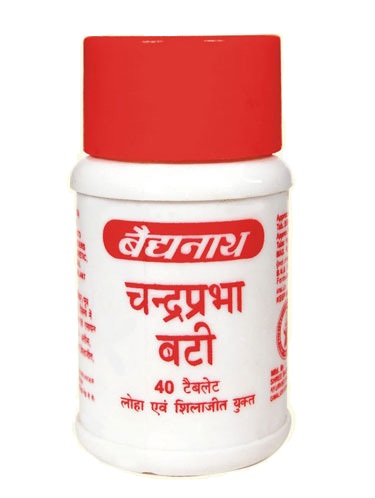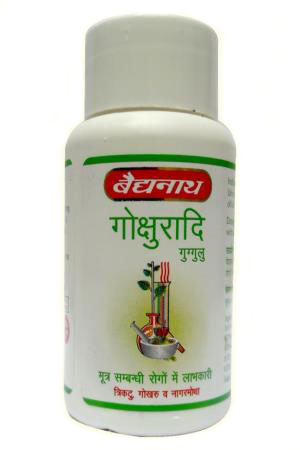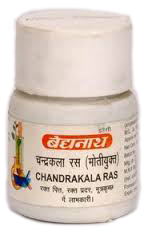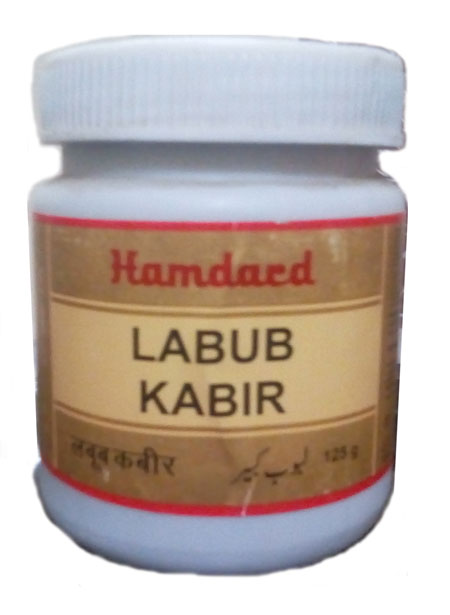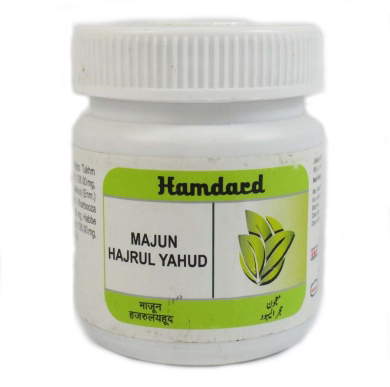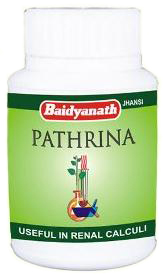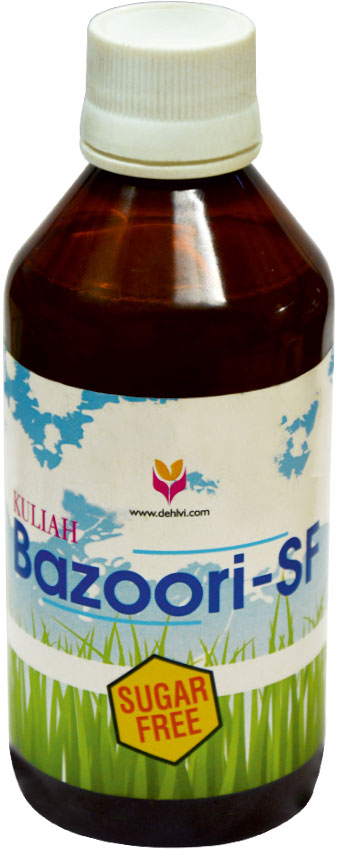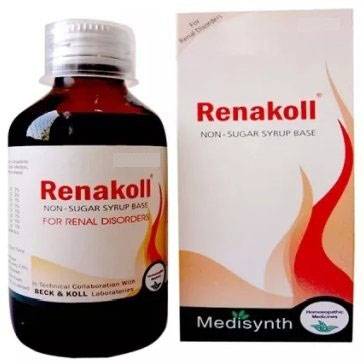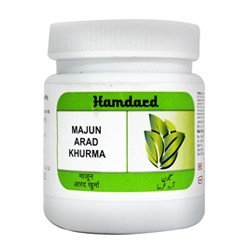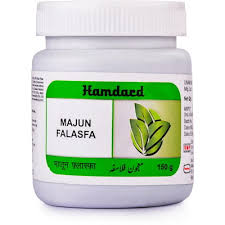
Urinary Problems
The urinary tract is made up of the kidneys, ureters, bladder, and urethra. These organs work together to produce, transport, store, and excrete urine, the yellowish fluid that contains waste products removed from the blood. Urine contains the by-products of our body's metabolism, salts, toxins, and water. For instance, blood, protein, or white blood cells in the urine may indicate injury, infection, or inflammation of the kidneys. Glucose in the urine may be an indication of diabetes.
Problems in the urinary system can be caused by ageing, illness, or injury. As you get older, changes in the kidneys' structure cause them to lose some of their ability to remove wastes from the blood. Also, the muscles in your ureters, bladder, and urethra tend to lose some of their strength. You may have more urinary infections because the bladder muscles do not tighten enough to empty your bladder completely. A decrease in strength of muscles of the sphincters and the pelvis can also cause incontinence, the unwanted leakage of urine. Illness or injury can also prevent the kidneys from filtering the blood completely or block the passage of urine.
Some Diseases of the Urinary Symptoms:
Burning urine
While passing urine some people feel burning sensation in the urinary passage. An infection in the urinary tract caused by diseases like gonorrhoea, enlargement of prostate, a stone in the urinary bladder or concentrated urine, as it happens in summer might be responsible for this type of complaint. Burning sensation may occur along with the passage of urine or may occur even after that. It may subside by taking some alkaline drinks or few glasses of water.
Hematuria
Presence of blood in the urine is called hematuria. According to Ayurveda it is a form of Adhoga Rakta Pitta. It is commonly caused by stones or infection in the genito-urinary tract and some other haemorrhagic conditions.
Nephritis
This refers to the inflammation of the kidney. It is of several types and in different stages of the disease it produces different types of symptoms. In Ayurveda it is called vrikka shotha.
Depending upon the variety of the nephritis, the signs and symptoms differ. Usually there is oedema in the face, which is more prominent in the morning and slowly subsides as the day passes on. The blood pressure may increase and the patient may suffer from biliousness, nausea, vomiting, abdominal pain, headache and diarrhoea.
Bed wetting
It is the involuntary urination at night. Children after the age of 3 or 4 years normally possess sufficient control over their urinary sphincters in as much as they pass urine only when they want. Because of certain reasons, this control does not manifest because of which they continue to pass urine in bed at night. This continues in some cases, even up to the age of 15. Both boys and girls suffer from this ailment.
Kidney Stones
Urinary stones are generally formed by calcium, phosphates or oxalates. The main parts of the urinary tract are the kidney, ureter, bladder and urethra. The stones are formed primarily in the kidney and sometimes remain there without being noticed for a long time. In certain circumstances they are slowly dissolved or dislodged and come down, and during this process, they become lodged in a narrow part of the tract, giving rise to excruciating pain.
Stones are formed in the body because of vayu. It creates a type of dryness I the body because of which the chemicals start accumulating over the nucleus, that ultimately takes the shape of a stone. At times the entire kidney is filled with these stones and it becomes calcified and stops functioning. If urine is not excreted through the kidneys or excreted in small quantities, uremia sets in and causes many complications. The same phenomenon takes place if a piece of stone gets lodged in ureter or bladder.
The patient experiences pain in the lumber region of the kidneys at the back of the body.
Urinary tract infections
It is caused by bacteria in the urinary tract. Women get UTIs more often than men. Drinking lots of fluids also helps by flushing out the bacteria.
The name of the UTI depends on its location in the urinary tract. An infection in the bladder is called cystitis. If the infection is in one or both of the kidneys, the infection is called pyelonephritis
Prostatitis
It is inflammation of the prostate gland that results in urinary frequency and urgency, burning or painful urination (dysuria), and pain in the lower back and genital area, among other symptoms. In some cases, prostatitis is caused by bacterial infection. But the more common forms of prostatitis are not associated with any known infecting organism
Proteinuria
It is the presence of abnormal amounts of protein in the urine. Healthy kidneys take wastes out of the blood but leave in protein. Protein in the urine does not cause a problem by itself. But it may be a sign that your kidneys are not working properly.


